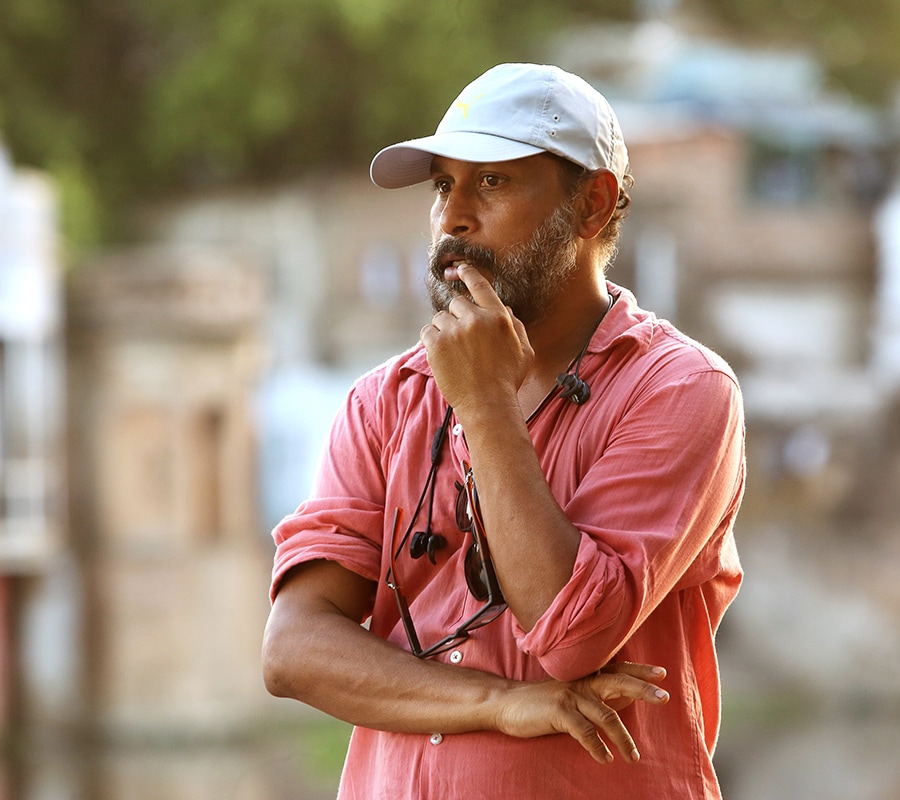
'Digital is the future': Shoojit Sircar on Gulabo Sitabo's release
Filmmaker Shoojit Sircar talks about adapting to new situations, the likelihood of theatres bouncing back post-Covid-19, and what makes Amitabh Bachchan special
 Image: Amazon Prime Video
Image: Amazon Prime Video
Shoojit Sircar inadvertently found himself in the midst of Cyclone Amphan in Kolkata in May. “It went through my house… it was scary and chilling,” says the filmmaker, who went to his hometown in the second week of March, and has been living there since, following the nationwide lockdown that came into effect later that month. The other storm he did not see coming was when he announced the release of his latest film Gulabo Sitabo on Amazon Prime Video. Theatre owners were miffed at his decision, while the industry contemplated the pros and cons of a digital-first release at a time when theatres are shut and uncertainty looms large because of the coronavirus pandemic.
In an interview with Forbes India, Sircar—director of films such as Vicky Donor (2012) and Piku (2015)—explains the rationale behind his move, gives his take on the future of entertainment in a post-Covid-19 world, and remembers his friend Irrfan Khan, who passed away in April. Edited excerpts:
Q. You seem to have attempted a new genre with Gulabo Sitabo. How did the idea come about?
It’s a new territory for me, for sure. The first idea came from Juhi [Chaturvedi, the film’s writer] and we kept working on it. Yes, you can say it’s a new genre because it’s the first time I’ve tried satire. It’s a world of several people, including a landlord and a tenant, who come from an economically lower strata of society. They are struggling, and somehow manage to live their lives in Lucknow. The film focuses on their lives, their relationships and their characters. The camera will actually penetrate their minds, issues and homes.
Q. You reunite with Amitabh Bachchan, after directing him in Piku. What made you approach him, and what makes him special as an actor?
He was always on our radar. While we were writing the film, we had informed him that we would approach him. The only question was whether he would accept the offer… I was not sure. Thankfully, he liked the script. His speciality is that he completely trusts the director and his vision. His biggest gift is his meticulous engagement, whether it’s with the costume, looks, dialogue delivery, location or the background score. Amitabh Bachchan has an aura of his own, but he is one of the finest with his co-actors. He is the best for them... he is so giving.
Q. When did you decide to go for a digital release of the film?
It was only when we crossed the theatre release date [April 17] that we decided we should think about having a digital release. We wanted to close this and move on to our next film. Even now, it’s uncertain when the theatres will reopen. A lot of our technicians depend on us, and so we took this call to release the film on June 12. The situation demands this and we should adapt to it.








